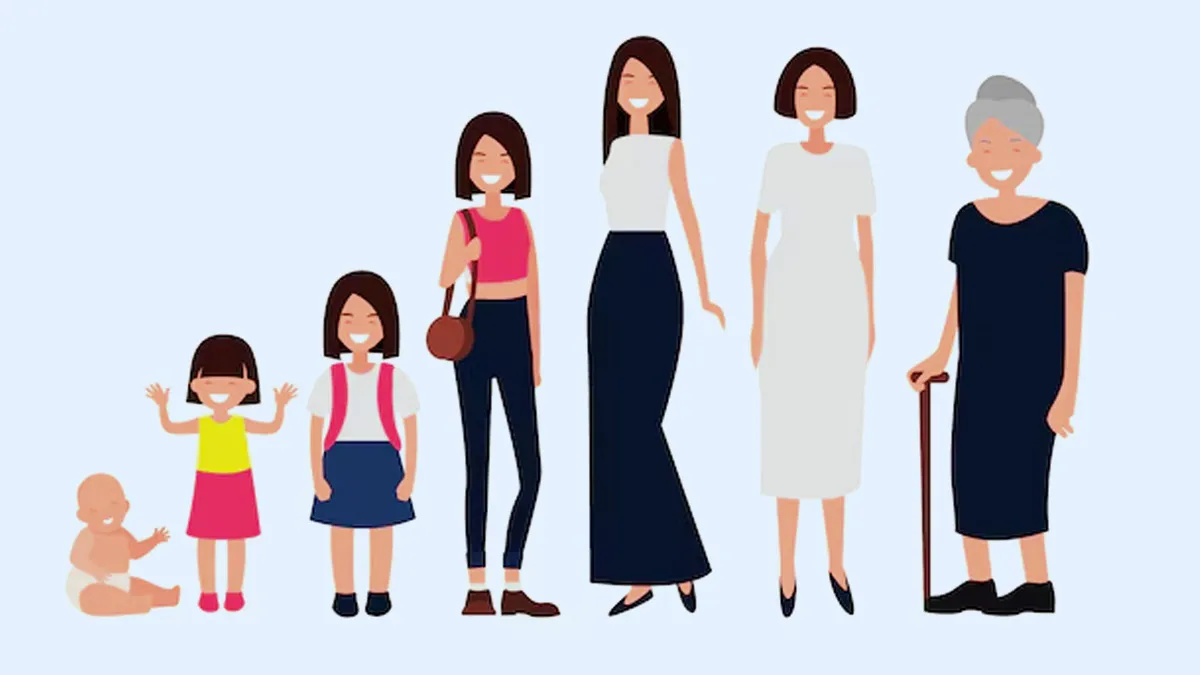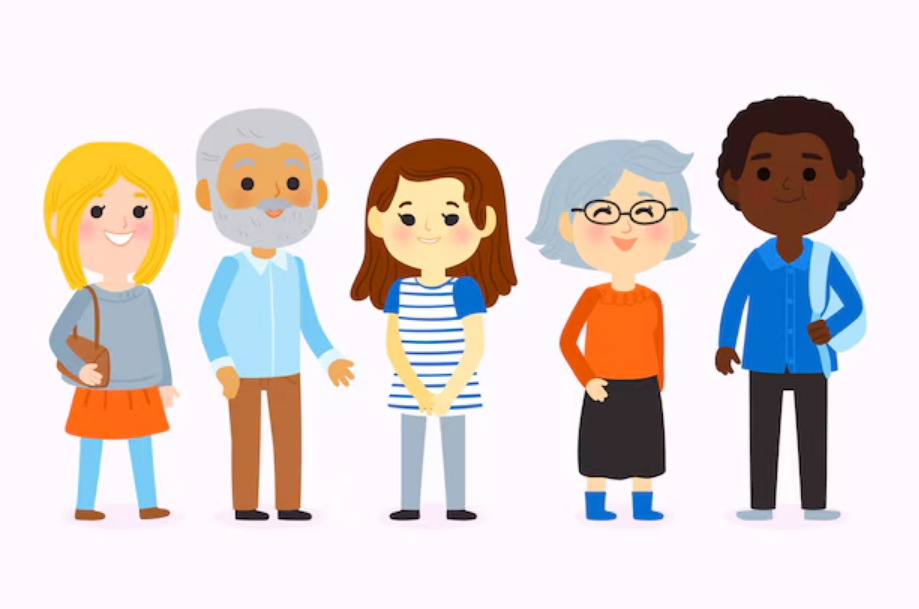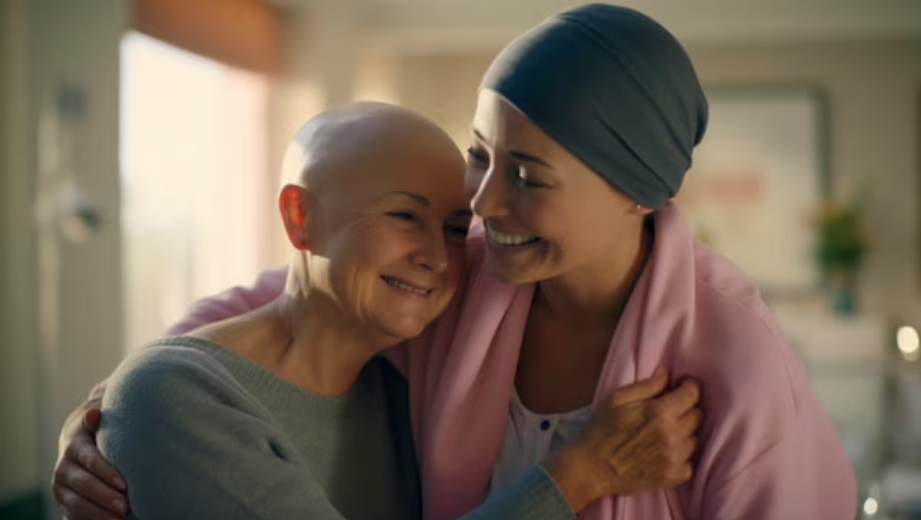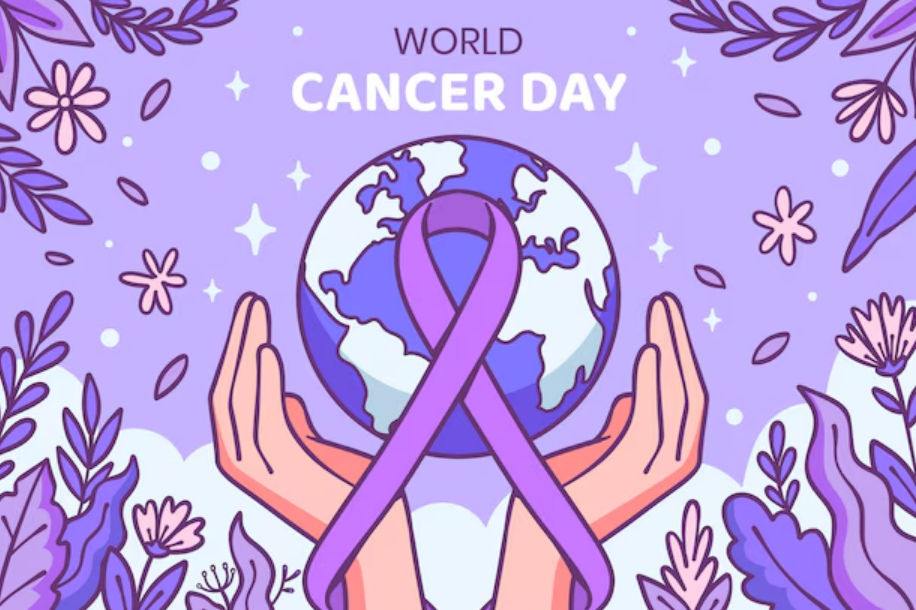
Cancer remains a major health threat worldwide, and its impact varies greatly across different age groups. With World Cancer Day 2025 approaching on February 4, oncologists stress the importance of understanding how cancer affects individuals at various life stages. From children to the elderly, the type, cause, and progression of cancer are influenced by age and other factors. Dr Gopal Sharma, Principal Director, Medical Oncology, Max Super Speciality Hospital, Vaishali, shares his insights on how cancer manifests in different age groups in India.

Cancer in children and adolescents, though rare, presents unique challenges. The most common types in this age group include leukaemia, brain tumours, and lymphoma. Among these, Acute Lymphoblastic leukaemia (ALL) is the most prevalent, accounting for nearly 30% of childhood cancers.
Dr Sharma explains that childhood cancers are primarily driven by genetic mutations rather than lifestyle factors. "Unlike adult cancers, paediatric cancers are often linked to genetic changes and require specialised treatment approaches," he says. Early detection is critical, as it significantly improves treatment outcomes for young patients.
In the 20-40 age group, cancers such as breast cancer, cervical cancer, testicular cancer, and blood cancers become more common. For women, breast and cervical cancers are particularly concerning. Dr Sharma highlights that cervical cancer is one of the leading causes of cancer-related deaths among Indian women, largely due to inadequate screening and vaccination programmes.
"The rise in cervical cancer cases can be attributed to the lack of proper screening and vaccination coverage. Early detection through regular screenings is crucial for prevention," he emphasises.
For men, testicular cancer, though less common, has a high cure rate when detected early. Lifestyle factors like smoking, excessive alcohol consumption, and stress also contribute to increased cancer risk in this age group.

In the 40-60 age group, lifestyle-related cancers such as lung cancer, colorectal cancer, and prostate cancer become more prominent. Dr Sharma points out that smoking and pollution are major contributors to lung cancer, while obesity and poor dietary habits increase the risk of colorectal cancer.
Breast cancer remains a significant concern for women in this age bracket. "Late pregnancies, hormonal imbalances, and genetic factors are some reasons behind the rising incidence of breast cancer in middle-aged women," Dr Sharma notes.
Regular screenings, including mammograms and colonoscopies, are essential for early detection and effective treatment.
The risk of cancer increases significantly in the elderly, primarily due to prolonged exposure to carcinogens, weakened immune systems, and genetic predisposition. Common cancers in this age group include lung cancer, prostate cancer, stomach cancer, and pancreatic cancer.
"Older individuals often face more challenges during treatment due to pre-existing conditions like diabetes and heart disease. However, early detection and a tailored treatment approach can improve outcomes," Dr Sharma explains.
Don't Miss: Fibrocystic Breast Changes: Definition, Symptoms, Risk Factor for Breast Cancer, and More

Cancer’s impact varies across age groups, but one thing remains constant: the importance of early detection. Dr Sharma emphasises that awareness, timely screenings, and a healthy lifestyle are key to improving cancer outcomes.
"Early diagnosis and timely intervention can significantly improve survival rates and reduce the overall burden of cancer," he says.
As World Cancer Day 2025 approaches, Dr Sharma encourages individuals to seek medical advice at super-speciality hospitals that offer comprehensive cancer care. Regular screenings, preventive measures, and awareness can make a significant difference in detecting cancer early and improving outcomes.
Don't Miss: 6 Winter Diet Tips for Cancer Patients, According to a Dietician
Keep reading Herzindagi for more such stories.
Image Courtesy; Freepik
Also watch this video
Herzindagi video
Our aim is to provide accurate, safe and expert verified information through our articles and social media handles. The remedies, advice and tips mentioned here are for general information only. Please consult your expert before trying any kind of health, beauty, life hacks or astrology related tips. For any feedback or complaint, contact us at [email protected].